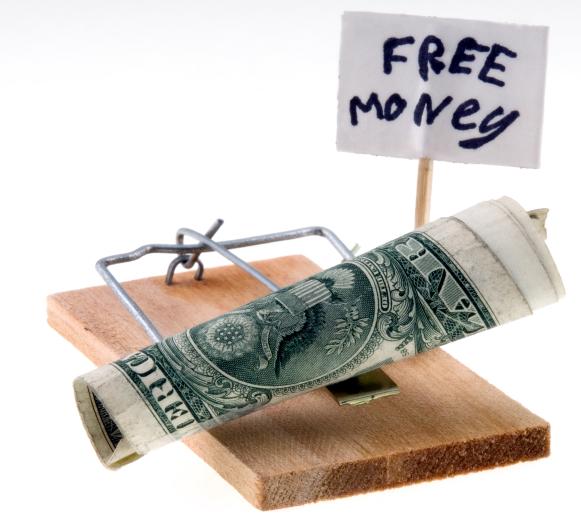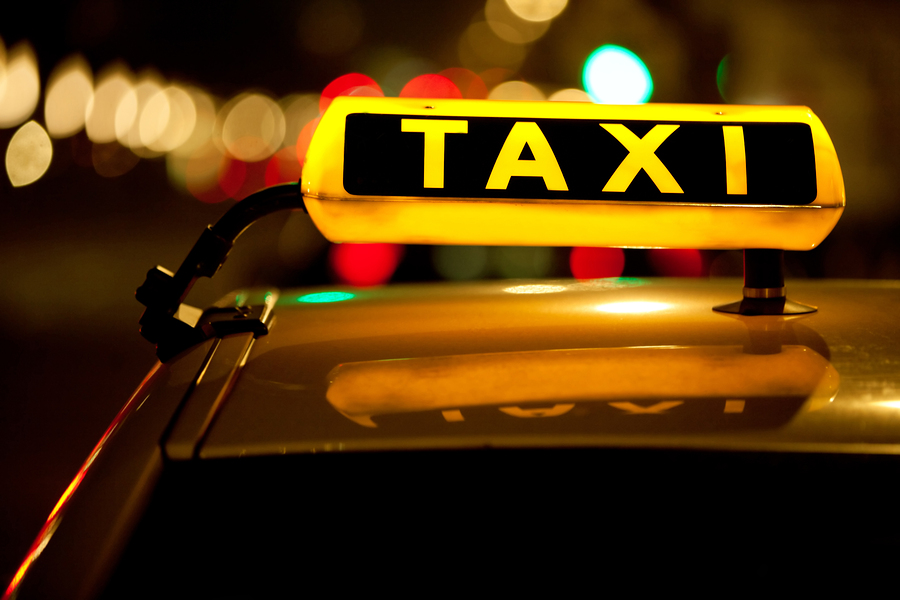“They only need seconds to place the bullet inside their luggage.”
The laglag bala scam that drew national and global outcry had travelers who set foot in NAIA on high alert. And for good reason. Prior to the victimization of OFW Gloria Ortinez last October, this bullet planting scam was swept under the rug and kept under wraps. One slightly positive takeaway from this issue is that travelers are now more vigilant on scams and modus operandi.
For those traveling via planes, we recommend downloading the DOTC-DTI’s Summary of the Rights of Air Passengers and saving it on your phone or tablet.
This season, there will be a high increase in the volume of tourists and travelers shuttling in and out of the country. Whether a foreigner or local, no one is completely safe from schemes that criminals are plotting. They may be felonious but these delinquents are rather inventive in their dirty schemes. Knowing the same tricks a con man knows is the best way to protect yourself from him. Here are a few travel scams to be wary of.
10. The Money Changer Scam
Some foreigners and balikbayans trade their foreign currencies in the black market because exchange rates are supposedly much better and lower as compared to rates in banks, hotels, or malls. Tellers in some money changers will count the money in front of you and with a sleight-of-hand trick, steal a few bills.
How to avoid this scam:
Never leave the counter without counting your money. Once you’re sure it’s the right amount, make sure to stash it safely before leaving.
Use money changers with clearly posted rates. And as much as possible, those that are in safe, well-lit areas.
A safer alternative is to withdraw money from the ATM. Better to pay a transaction fee than be scammed.
9. Spiked Drinks
Going out for drinks? Make sure you go out with a trustworthy group. There have been several accounts of people being robbed of their possessions while they were drugged or intoxicated. Your inhibitions are lowered and your guard is down, so it’s best to go drinking with people you know you can trust.
How to avoid this scam:
“So can I buy you a drink?” Nothing wrong with saying no! No matter how gorgeous he/she is, if you feel in your gut they’re not trustworthy, just decline.
If you feel oddly woozy, light headed, or dizzy all of a sudden, don’t chalk it up immediately to that one drink you had. Let a friend know right away.
8. Credit card related scams
A few rules of thumb on this innocuous piece of plastic that my mother taught me: Don’t spend what you can’t pay off later. A lost or stolen card is one of the worst things that can happen to card holders. And lastly, don’t get a credit card.
Okay, that last one might not be for everyone. One way suspects use to collect credit card information, including the PIN, is by using an electronic device to retrieve and record information, from the card’s magnetic strip. The collected information is used to make unauthorised purchases. Read about another card holder’s experience, wherein he was tricked into giving confidential information about his card, by conmen acting as hotel staff.
How to avoid this scam:
Never let you card out of your sight.
Do not give private information (even something as seemingly simple as your birth date) to anyone who does not seem authorised to request for it.
7. Taxis: Spray modus, Kontrata system, no-meter modus
Anybody at any time can fall victim to any public transportation modus. A common one is when the taxi driver appears to have a face towel or cloth over his nose and mouth and as something vents out of the air condition, eventually rendering the passenger dizzy and vulnerable to attacks. Other drivers may deliberately not turn on the taxi meter so passengers are forced to pay a fixed amount for the ride. A usual situation commuters encounter is when drivers demand a price (kontrata) for the ride.
How to avoid this scam:
Check the meter every once in a while. If the appears to jack up after a few seconds, alert the armory, something may be wrong.
Text important details to a friend or relative: plate number, driver’s name, taxi company, phone number.
Basic safety rule: lock the doors and hide your bags and valuables from sight. Robberies and attacks can happen inside and outside the cab.
6. Fake Travel Agents
Travel agents/agencies can make or break your trip. If legit, they can arrange everything for you from transportation, accommodation, down to your itinerary. Otherwise, they can rob you not only of your money, but also of your chance to travel to your destination. Most travel agents operate online, hence they may not have a physical office, company registration documents, or business licenses, to prove their legitimacy. In this case, it would be best to read up on recommendations or articles about them, or referrals. Be on the look out for both positive and negative reviews!
How to avoid this scam:
If the travel offer looks too good (or cheap) to be true, it probably is.
Do your research, especially if they’re mainly an online business.
Info on more scams to watch out for on the next page







